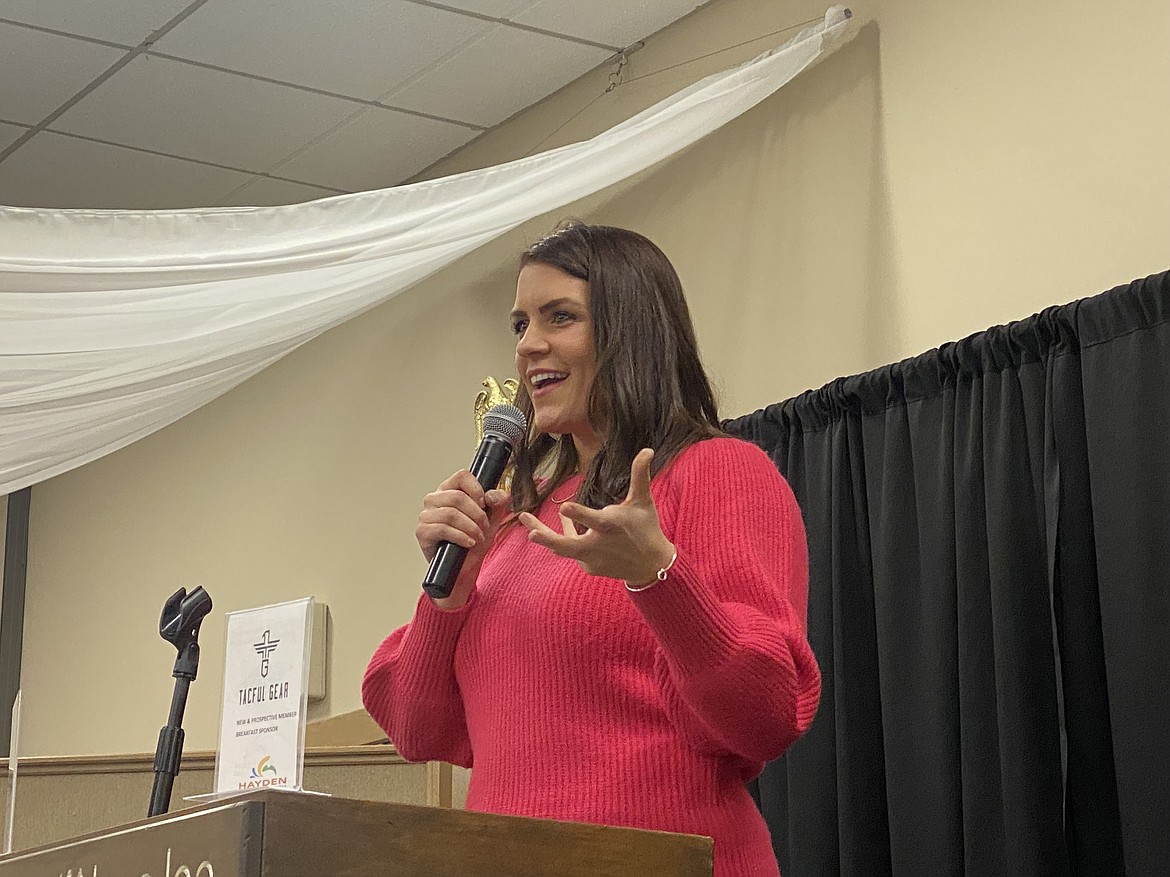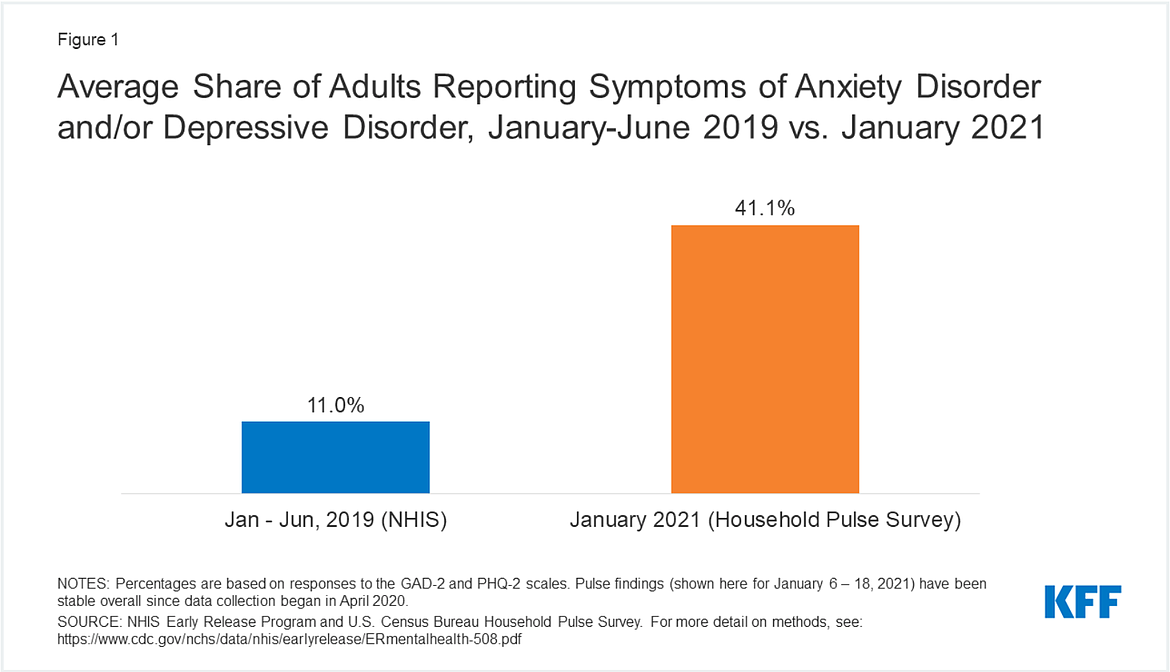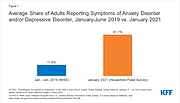Overcoming the 'shame shield'
COEUR d'ALENE — As the COVID-19 pandemic continues to impact Americans' mental health, Nichole Mischke is determined to show people they are not alone in their pain.
Before founding her storytelling platform Uncovered, Mischke was a journalist and television producer for the Spokane news station KHQ. As a journalist, Mischke always knew she had a passion for telling other people's stories. But the day she shared her own changed her life and mission.
Mischke struggled with bulimia for a decade. Growing up, she remembers constant comments about "being so big for (her) age," the food she was eating, and how much she consumed.
"I got this idea at a very young age that big is bad and small is good. That it somehow made you more of an honorable person not to have cravings or not to desire food," she told an audience of nearly 70 people at a Hayden Chamber of Commerce event Thursday.
"I believed that our worth came from our bodies being beautiful and perfect," Mischke continued. "The bingeing led to guilt, the guilt led to purging. I found myself stealing food from people's houses that I would watch their kids for, and I maxed out a $5,000 credit card that I secretly purchased food on so my husband wouldn't know."
What finally pushed Mischke to tell her story, and later others', was a quote by author and television host Leon Logothetis:
"Promise me that you will share your pain because if you don't, it will grow, and it will fester, and it will become something nasty inside of you."
In 2019, Mischke launched Uncovered — a storytelling platform dedicated to breaking down the stigma of shame, trauma and addiction. While these topics aren't new, Mischke believes they're compelling and increasingly prevalent issues that need to be addressed.
"I think that we are experiencing a mental health crisis, and I don't think that we've even seen the worst of it yet," she said.
A February study by the Kaiser Family Foundation, a nonprofit research organization, found that 40% of American adults experienced symptoms of anxiety or depression during the pandemic.
Last July, KFF Health Tracking data reported that 36% of surveyed adults had difficulty sleeping, 32% struggled to eat, 12% had increased their alcohol and substance use, and 12% said chronic conditions had worsened "due to worry and stress over the coronavirus."
Calls and online inquiries to the National Eating Disorder Association also increased by 70% during the pandemic.
Through Uncovered, Mischke connects her clients to mental health professionals and tools to help them heal. One of her associates is Dr. Shawn Horn, a licensed psychologist.
Horn believes a considerable barrier to recovery is the "shame shield." For some, that "shield" is looking perfect, excessive exercising, pouring yourself into work, or promoting the picture of your "perfect family," Mischke said.
"We all have something that we believe 'If this looks perfect, no one will know how unperfect my life is,' and the pandemics strip those away," she explained. "You couldn't go to the salon anymore. The gyms were closed, and your office was shut down. So people were left sitting in the mess that you didn't have to confront."
KFF and CDC studies cited seeking help and talking to professionals as a significant aid to those with mental health struggles. Brief, autobiographical storytelling exercises can also have substantial impacts on physical and psychological health, Mischke said.
By working with professionals and sharing experiences, she sees individuals create a "gateway to human connection" and "realize that they're not alone."
"Once you let the world love you for the thing shame told you made you unlovable, that's the moment you can finally love yourself fully," Mischke said.
Info: nicholemischke.com



